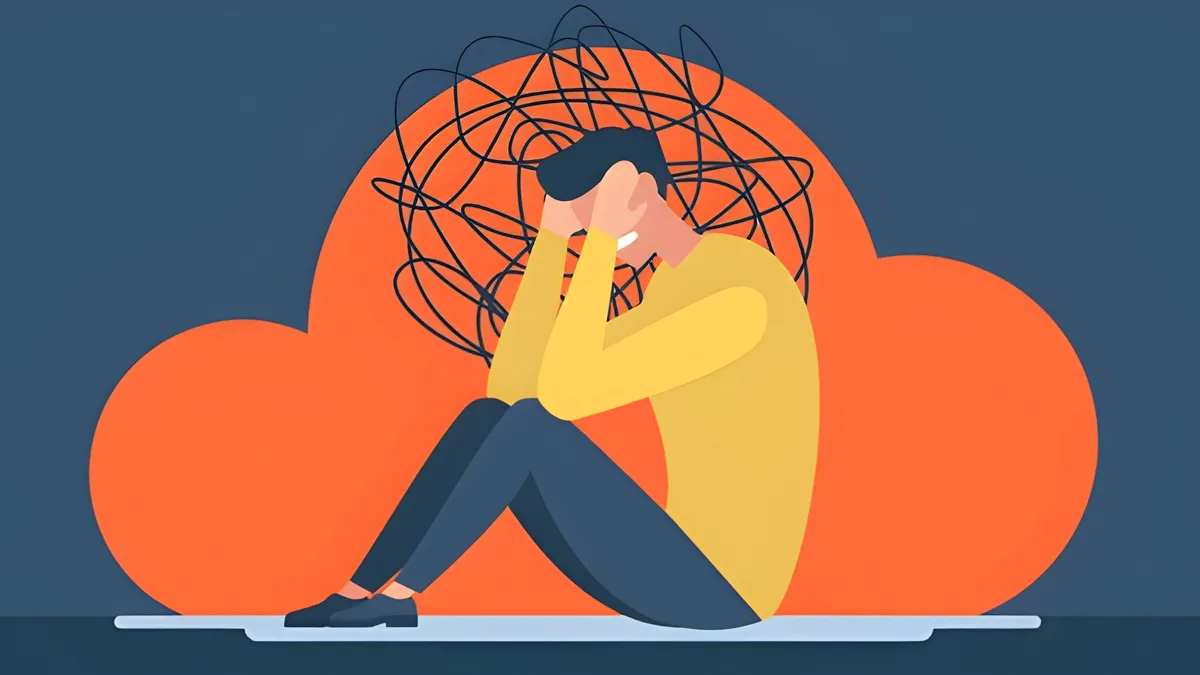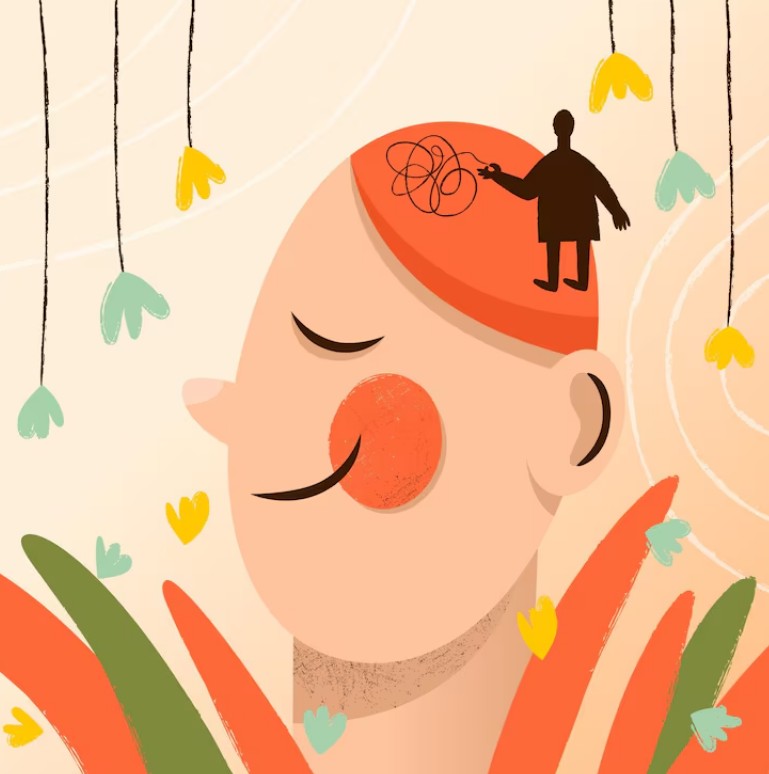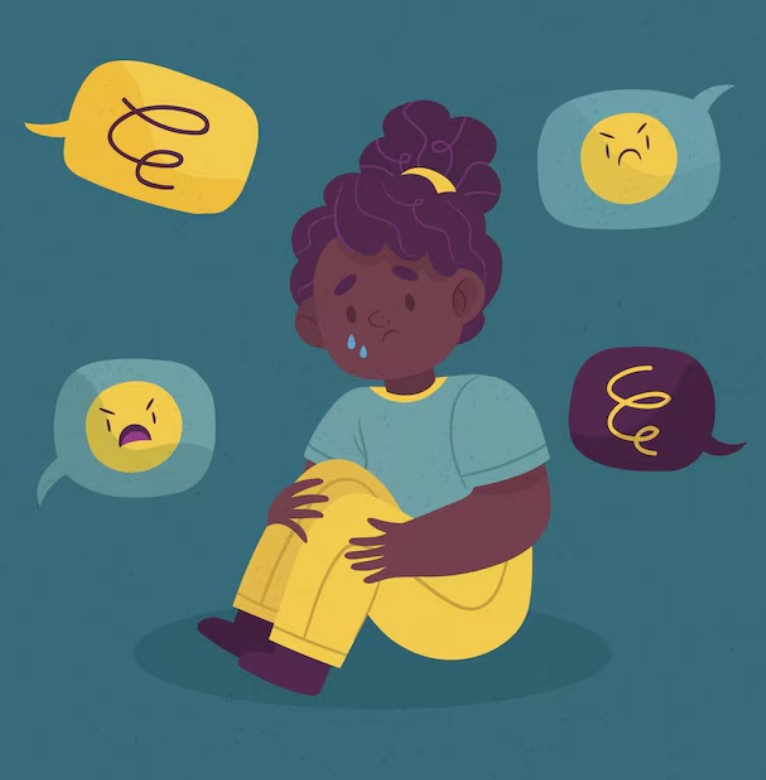
Effect of Childhood Trauma on Mental Health: Essential Insights for Parents
According to Rita Aggarwal, Mental Health Expert and Chair, Rotary Action Group on Mental Health Initiatives (2025–27), these formative years have a lasting impact on a person’s coping abilities, emotional regulation, and overall personality. “Both positive and negative experiences in early childhood leave deep impressions,” she says. “They define how a child perceives relationships, stress, and self-worth throughout life.”
Factors Leading to Poor Mental Health in Children
While love, care, and stability help children flourish, several forms of trauma can deeply affect their mental health. Aggarwal highlights key factors parents should be aware of:

Parental Conflict
Continuous fights or tension between parents can create a stressful environment for children. A home filled with conflict often leads to anxiety, insecurity, and emotional instability.
Physical Abuse
Harsh punishments or physical violence, whether directed at the child or witnessed within the home, can cause long-term psychological scars, leading to fear, panic responses, and low self-esteem.
Emotional Neglect or Suppression
Young children often express emotions through crying or behavior. When they are ignored or discouraged from showing feelings, they learn to suppress emotions, which can lead to difficulty managing anger, sadness, or fear later in life.
1
2
3
4
Environmental Stressors
Issues like poverty, parental mental illness, substance abuse, or chronic family illness can add to a child’s stress, shaping their mental and emotional resilience.
Major Traumatic Events
Events such as natural disasters, wars, displacement, or sexual abuse, often referred to as “big T” traumas, can deeply affect a child’s ability to trust and cope with future challenges.
Don't Miss: Arthritis Pain: 4 Expert Suggested Smart Ways To Manage Joint Pain

Can Childhood Trauma Be Reversed?
While the effects of childhood trauma can be long-lasting, healing is possible with the right support. “Memories of trauma may never disappear,” explains Aggarwal, “but with counselling and mindfulness, emotional reactions can be managed.”
Therapy helps individuals connect current emotions with past experiences, identify triggers, and form new, healthier responses. Simple practices, like deep breathing, meditation, mindfulness, and grounding, can help regulate emotional reactions.
For children, parents play a crucial role. Encouraging open emotional expression, creating a safe home environment, and showing empathy can prevent long-term emotional suppression. For newborns, a calm and emotionally stable mother is key, her well-being directly influences the baby’s mood and sense of security. Practices like gentle touch, skin-to-skin bonding, and peaceful surroundings strengthen this connection.

The Parent’s Role: Shaping a Child’s Emotional Future
Understanding and addressing childhood trauma is not just about fixing the past, it’s about shaping the future. By fostering love, stability, and open communication, parents can help their children develop resilience and emotional strength.
Don't Miss: Gynecologic Cancer Prevention: 6 Expert-Recommended Lifestyle Changes Every Woman Should Adopt
Keep reading Herzindagi for more such stories.
Image Courtesy: Freepik
1
2
3
4